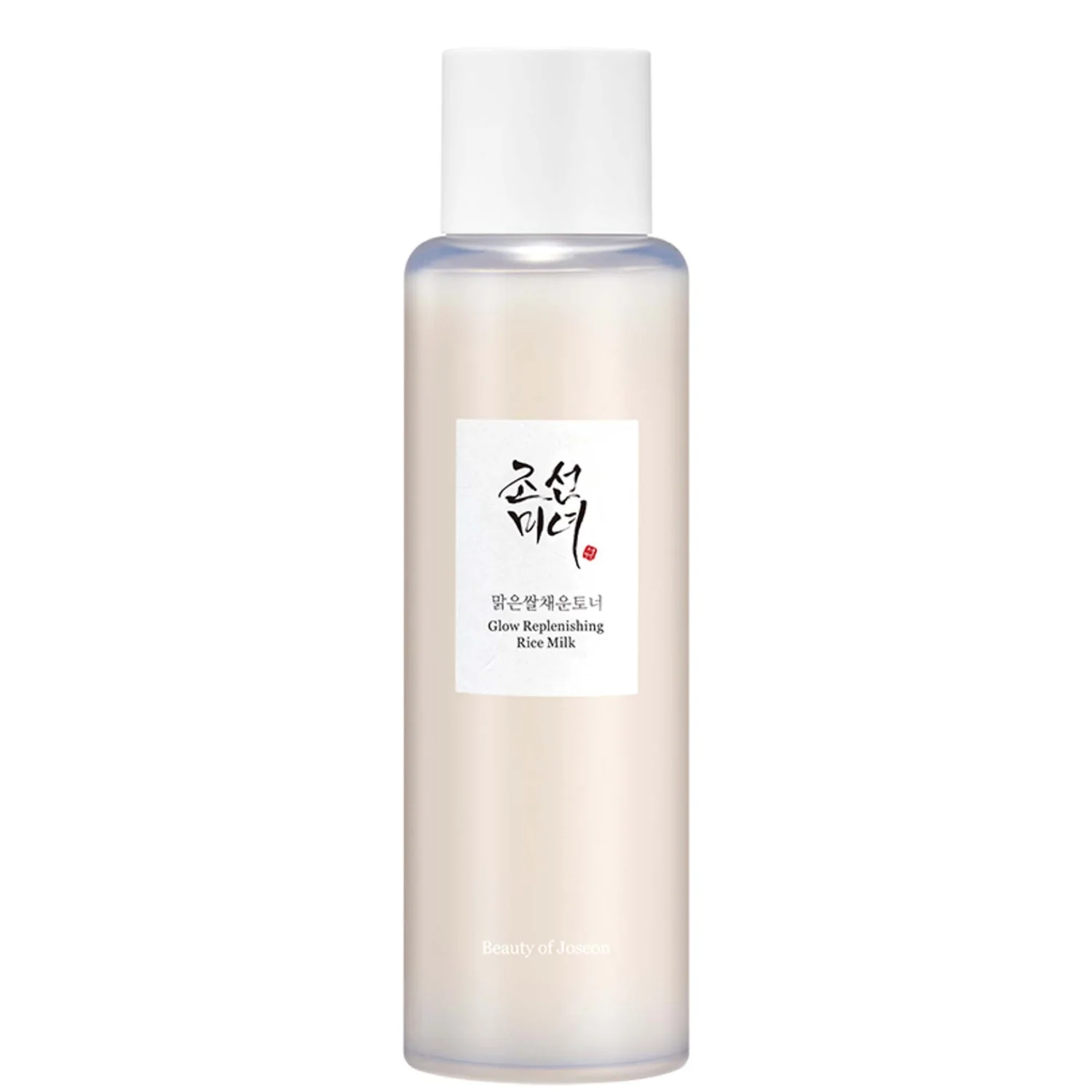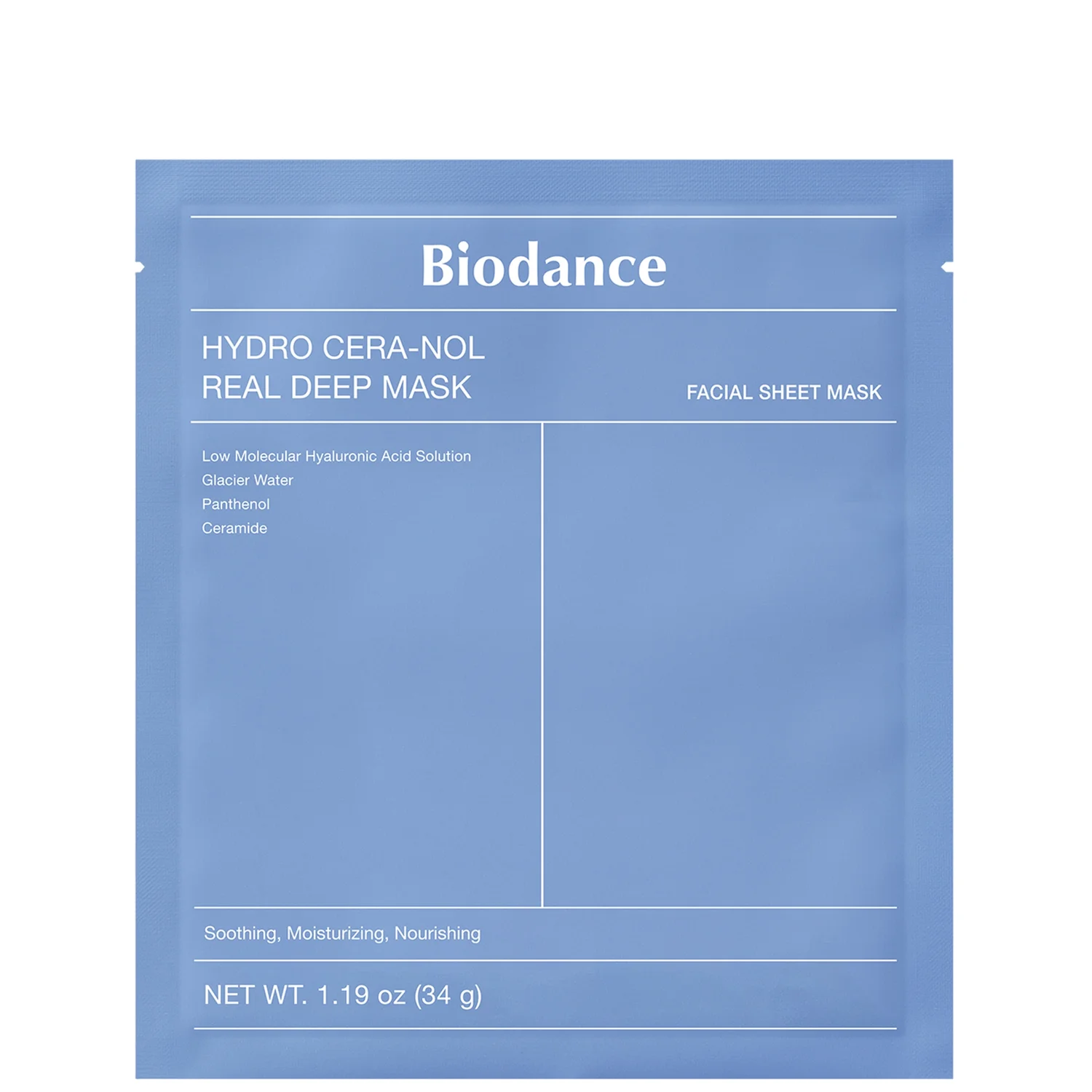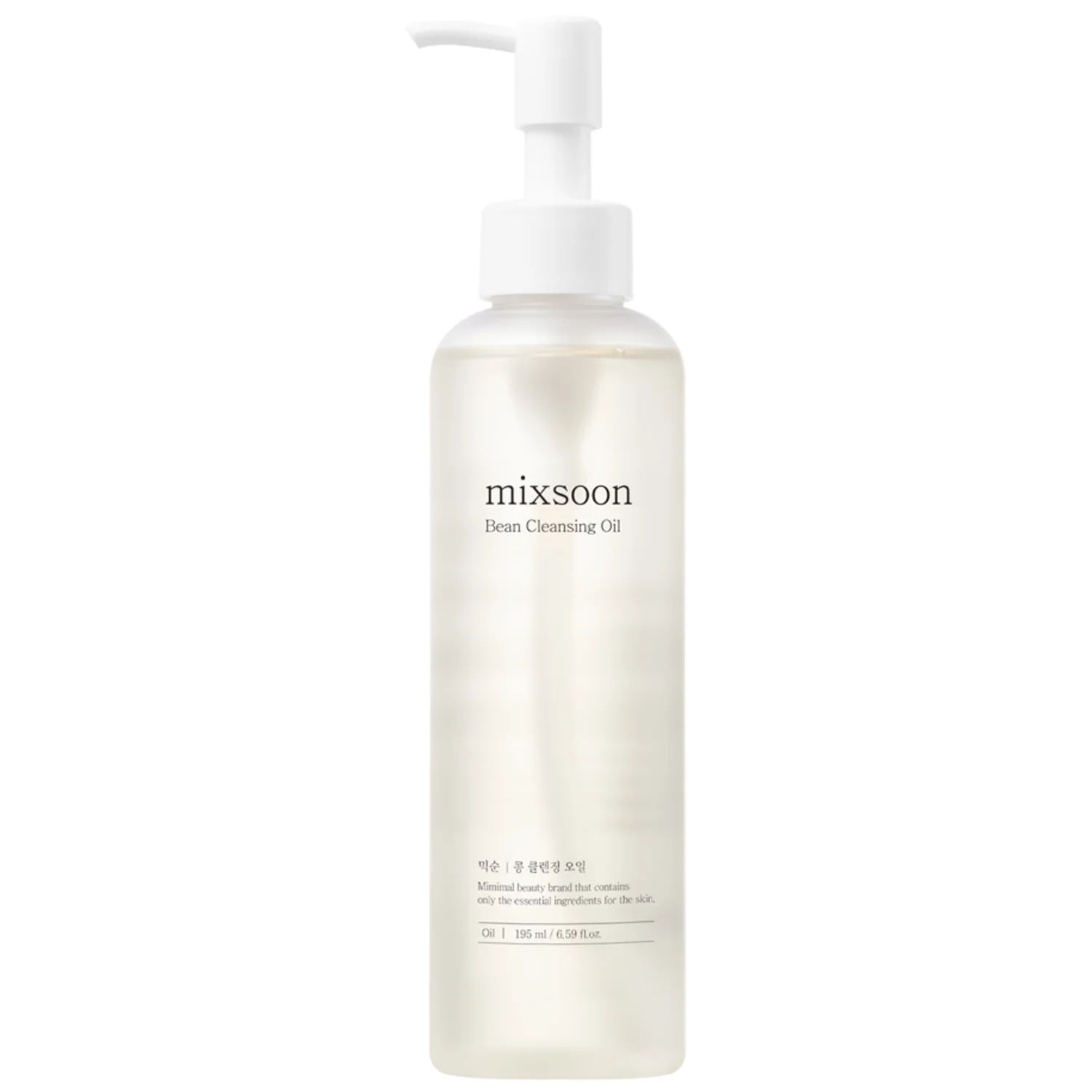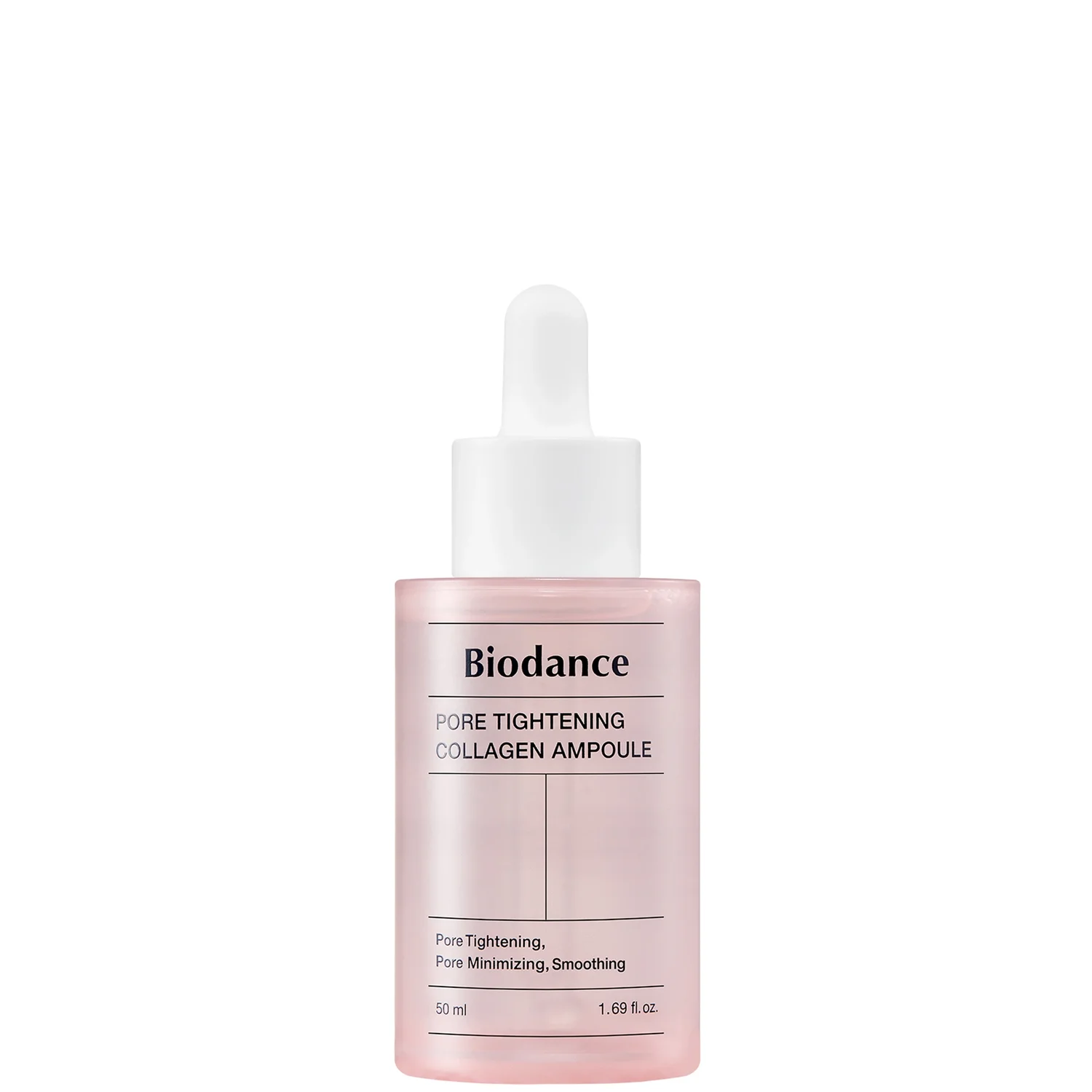Korean Retinol Tea Is Going Viral for Its Supposed Skincare Benefits—This Is What Experts Want You to Know
Approach with caution

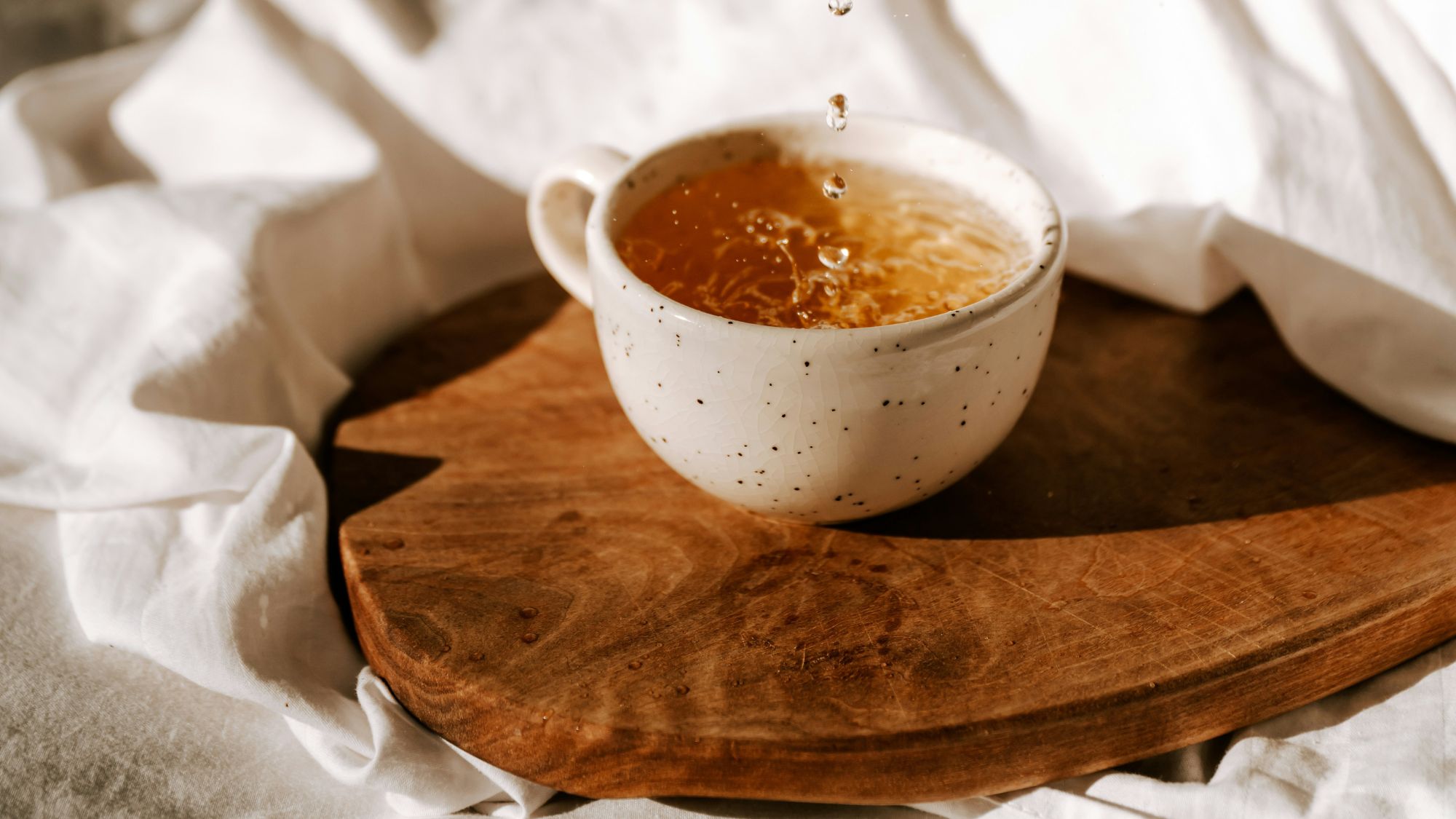
Celebrity news, beauty, fashion advice, and fascinating features, delivered straight to your inbox!
You are now subscribed
Your newsletter sign-up was successful
If I had a pound for every 'revolutionary' skincare fad that has taken social media by storm, I'd be able to quit my day job. Although there are some well-known tricks that have serious merit (pimple patches and double cleansing, I'm looking at you), it's always a good idea to approach with caution. The latest example: Korean Retinol Tea.
Matcha skincare and East and South East Asian beauty routines have been rapidly increasing in popularity over the last few years, with K beauty products in particular ruling the skincare industry as of late. It's no real surprise, therefore, that the movement has spread into our diet.
"Korean wellness is globally admired for being holistic, layering nourishment both topically and internally. Teas and broths fit into that philosophy," says Camilla Pigozzi Garofalo, food and social anthropologist and founder of Kurami. But what actually is Korean Retinol Tea, and does it have any skincare benefits?
What is Korean Retinol Tea?
"Korean Retinol Tea is currently trending as a herbal infusion that’s said to be an excellent addition to your skincare regime. Made from natural ingredients rich in antioxidants including burdock root, rooibos and beta-carotene, it is claimed to act as a gentler alternative to prescription retinoids," explains consultant dermatologist, Dr Magnus Lynch.
"Ingredients like goji berries, seaweed, and ginseng are long-standing in Korean and East Asian food cultures, but the retinol tea is new and driven by TikTok virality," says Garofalo.
What supposedly makes it good for the skin?
"The claims are that the ingredients are specifically designed to fight free radical damage, so will help to reduce oxidative stress, support collagen production to a limited extent and improve hydration from within," says Dr Lynch.
"Some ingredients contain polyphenols or carotenoids linked to collagen support and improved skin elasticity," says Garofalo. However, the nature of tea means it comes in very small quantities.
Celebrity news, beauty, fashion advice, and fascinating features, delivered straight to your inbox!
Does it work?
"From a dermatological perspective, this seems to be purely another social media trend," says Lynch. "The tea does not contain retinol or other retinoids and is no more likely to help your skin than any other tea."
Garofalo agrees, noting that "tea cannot replace topical retinol, which has decades of evidence for its ability to reduce fine lines and improve cell turnover. It is a skin-friendly, but not miracle, substitute."
Both experts offer the same conclusion: hydration is the key. "My advice, perhaps predictably, would be to concentrate on hydration, so simply drink plenty of water," says Lynch.
However, if you are interested in how your diet can impact your skin, Garofalo offers some interesting insights. "Seaweed infusions/broths (popular in East Asia) are a source of minerals like iodine and zinc—both important for skin health.
"In Korea, miyeok-guk (seaweed soup) is traditionally served after childbirth to promote recovery and skin health. This is an example of food-as-function that predates trends," she explains.
There's no doubt that what we consume will make a difference to our complexion—I vividly remember being told that cutting out dairy would improve my acne as a teenager. However, experts agree that you are much more likely to see results from topical skincare geared towards your skin type, particularly when it comes to the efficacy of retinoids.
Shop our favourite Korean skincare

Amelia is Junior Shopping Editor at Marie Claire UK. With a keen eye for lifestyle trends and a focus on quality over quantity, she is very clued up on the best products and brands on the market. She previously worked as a Senior Writer for woman&home, covering everything from product reviews and nail art trends to reporting on fashion weeks and the best-dressed celebrities at red carpet events.
